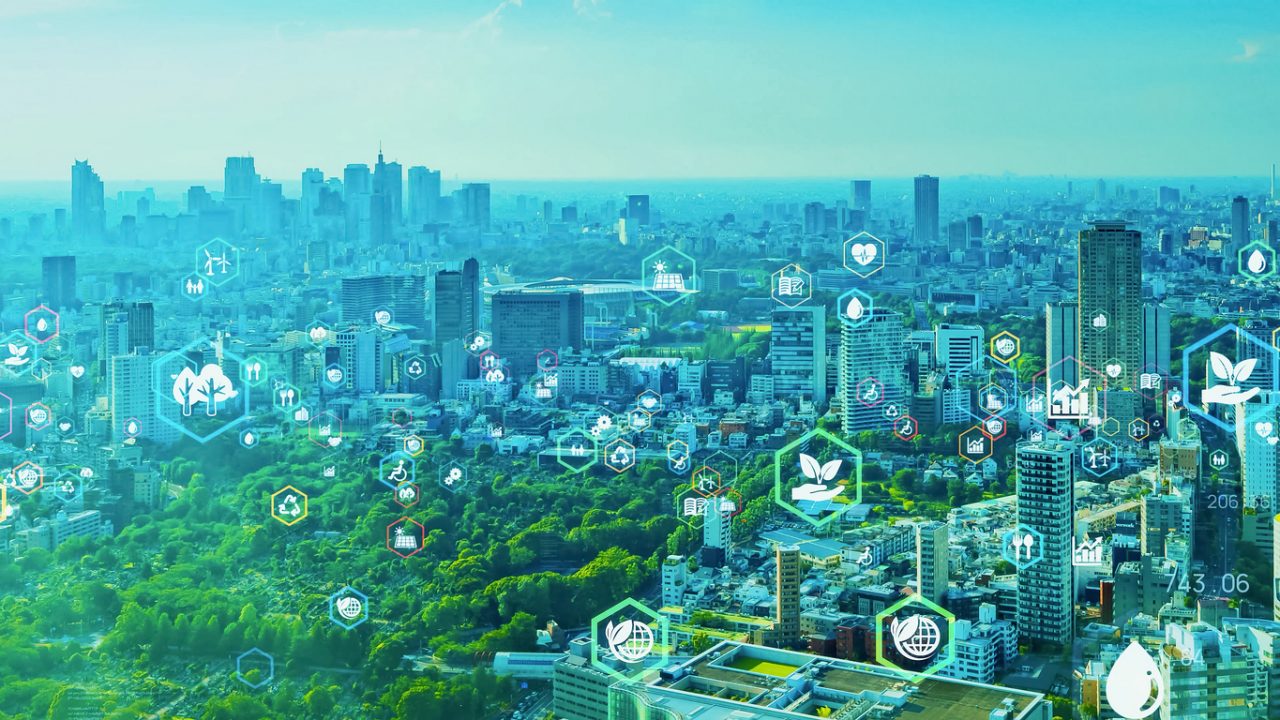-
Membership
-
As a SHRM Member®, you’ll pave the path of your success with invaluable resources, world-class educational opportunities and premier events.
- Certification
-
Demonstrate your ability to apply HR principles to real-life situations.
- How to Get Certified
- Eligibility Criteria
- Exam Fees & Options
- SHRM-CP
- SHRM-SCP
- Which Certification is Best for Me?
- Recertification
Demonstrate targeted competence and enhance your HR credibility.
Gain a deeper understanding and develop critical skills.
- Events & Education
-
Demonstrate your ability to apply HR principles to real-life situations.
- Resources
-
Stay up to date with news and leverage our vast library of resources.
- SHRM Connect
- Shop
-
Shop for HR certifications, credentials, learning, events, merchandise and more.
-
HR Daily Newsletter
Stay up to date with the latest HR news, trends, and expert advice each business day.
Success title
Success caption




